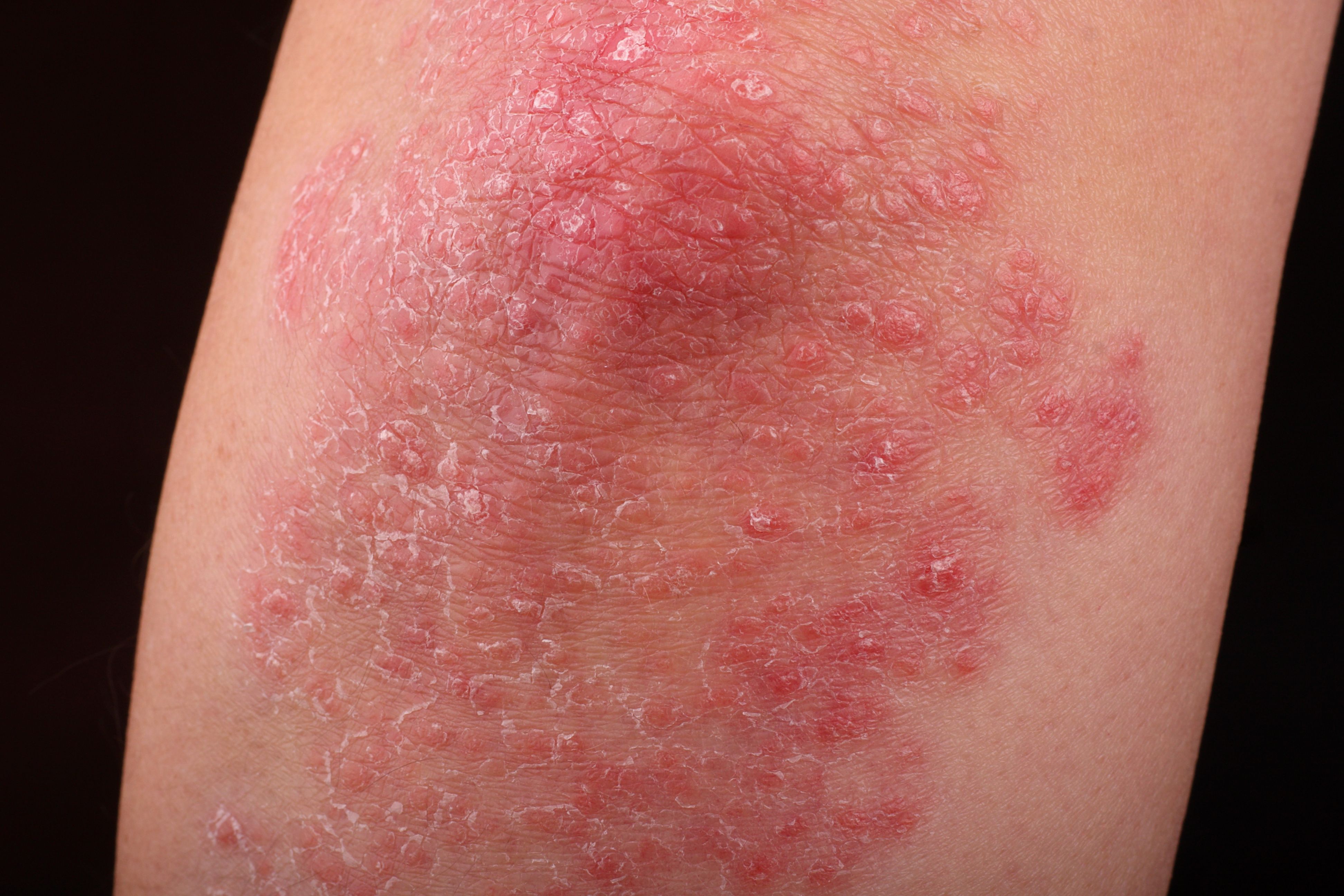Major impacts of childhood psoriasis on parents, caregivers
New data from a study in Egypt suggests that several key factors contribute to some of the negative impacts of psoriasis on mothers of children with the skin condition.
Psoriasis | Image Credit: © quayside - © quayside - stock.adobe.com.

Childhood psoriasis negatively impacts the quality of life (QoL) for affected children and caregivers, according to recent findings, with scalp and pustular psoriasis impairing lives most according to Family Dermatology Life Quality Index (FDLQI) scores.1
This research was authored by Mai Esam Mohamed Elshafey, MBBCH, from the Department of Dermatology, Andrology and Venereology, at Al-Azhar University in Egypt. Elshafey and his team conducted the study to assess the lesser-studied effects of childhood psoriasis on caregivers.2
“Taking care of kids with psoriasis can have an impact on their physical health, increase household expenses, and cause them emotional pain,” Elshafey and colleagues wrote. “The effect of childhood psoriasis on carers' quality of life is not well understood...we set out to explore the impact of childhood psoriasis on the mothers' quality of life and evaluate its link with disease severity.”
Background and Findings
The investigators conducted a cross-sectional observational study with 100 mothers of children (under the age of 18) with psoriasis. The study was carried out between December 2021 and August 2022, and the caregivers’ life quality was assessed using the FDLQI questionnaire.
The research team made an assessment using a complete medical history of the children and a general examination for assessment of their mental health and extent of psoriasis using Psoriasis Area Severity Index (PASI) scores. In the end, around 76% of study participants presented with psoriasis vulgaris.
The team’s FDLQI questionnaire included 10 items that explored the impact of psoriasis on the family's quality of life over the prior month. The FDLQI scores they examined ranged from 0 to 30, with higher scores demonstrating a greater impairment of their life quality, and statistical tests used p-values of less than 0.05.
Overall, the investigators found that the FDLQI scores indicated that 8 mothers had an extremely high impact, 63 mothers reported a significant impact, 26 mothers reported a moderate impact, and 3 mothers reported a low impact.
The findings indicated a significant and direct correlation between the FDLQI scores of the mothers and their children's PASI scores. Their results also showed that scalp and pustular psoriasis indicated the highest FDLQI scores, indicating a poor quality of life.
Interestingly, the team noted that there was substantial and direct correlation between mothers’ FDLQI with ages of psoriasis patients and PASI scores, but no major correlation between FDLQI of mother and duration of psoriasis.
“From our study we can conclude that childhood psoriasis may have a negative effect on the QoL of both affected children and their caregivers,” they wrote. “FDLQI is a dermatology-specific instrument that can be used to measure the impact of psoriasis on family members…The impact of childhood psoriasis on mothers may be affected by age of children, PASI score and type of psoriasis.”
Quotes included have been edited for clarity.
References
- Elgamal, EAE, Aboelwafa, HO, Ibrahim, AAM, Elshafey, MEM. Quality of life in mothers of children with psoriasis. J Cosmet Dermatol. 2023; 00: 1- 5. doi:10.1111/jocd.15737.
- Manzoni AP, Weber MB, Nagatomi AR, et al. Assessing depression and anxiety in the caregivers of pediatric patients with chronic skin disorders. An Bras Dermatol. 2013;88(6):894-899.
This article was initially published by our sister publication HCP Live.
Recognize & Refer: Hemangiomas in pediatrics
July 17th 2019Contemporary Pediatrics sits down exclusively with Sheila Fallon Friedlander, MD, a professor dermatology and pediatrics, to discuss the one key condition for which she believes community pediatricians should be especially aware-hemangiomas.